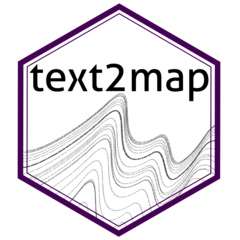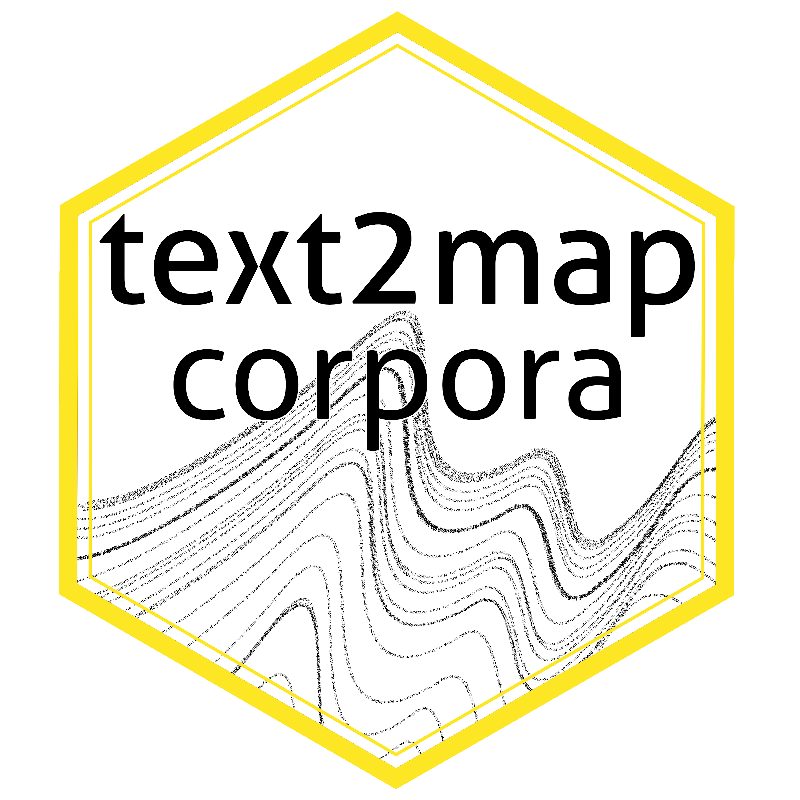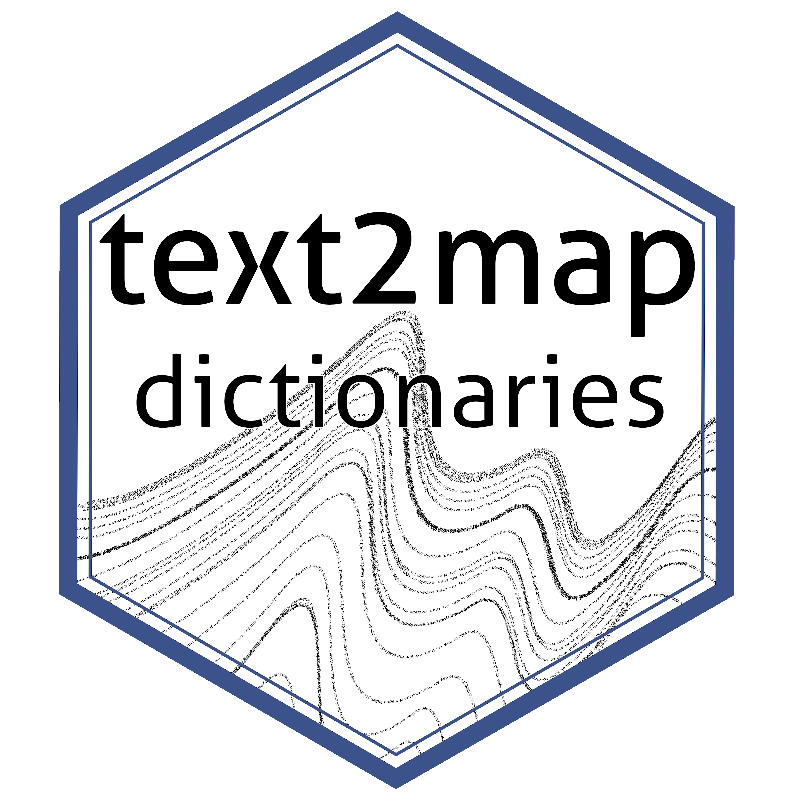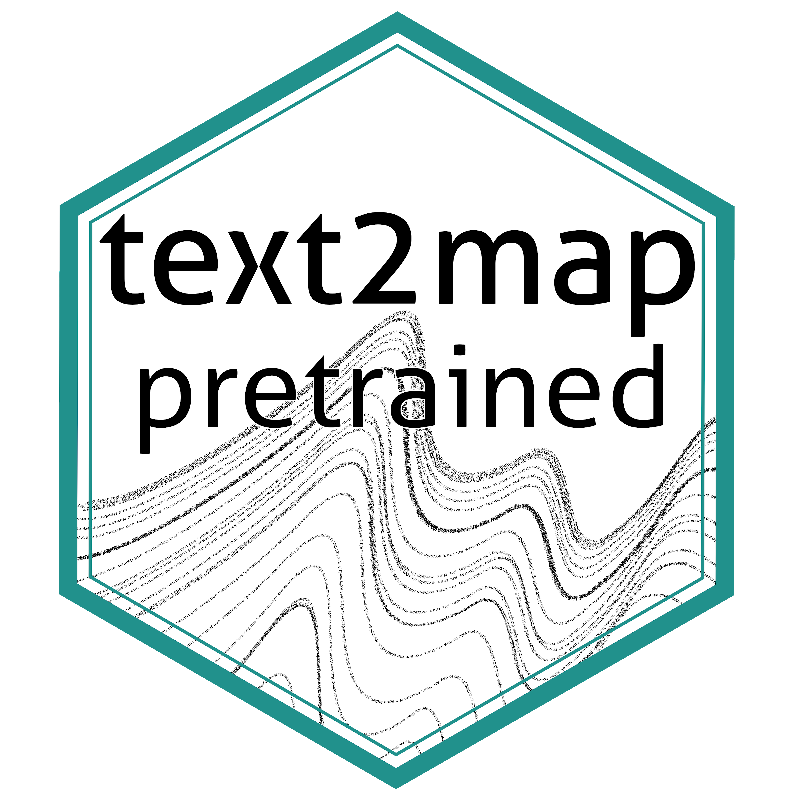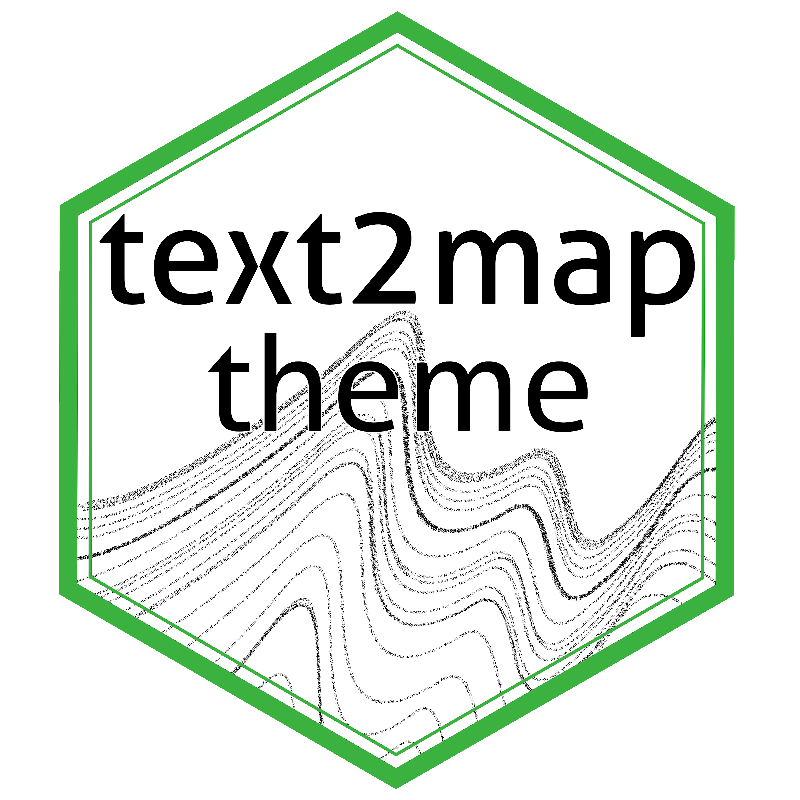Mapping Texts is the first introduction to computational text analysis that simultaneously blends conceptual treatments with practical, hands-on examples that walk the reader through how to conduct text analysis projects with real data and code. The book shows how to conduct text analysis in the R statistical computing environment – a popular programming language in data science.
ORDER
ADVANCE PRAISE

“ Stoltz and Taylor have managed to create a work that confidently takes even a beginner to a position of sophistication and technical virtuosity, leading to not only a practical mastery of cutting edge techniques, nor just that plus a clear understanding of the mathematical bases, but also gives the reader an intuitive feel for the larger social contexts that produce the text data analyzed... and all this without dropping a single equation in the reader's lap! A true gem.

“ Language is pragmatic, language is habitual, language is relational. I have been waiting for a book like this. One that seamlessly integrates philosophy and theory with tools and reproducible examples, and does so in a deeply sociological way. If you read this book, if you teach with this book, you and your students will have everything needed to successfully do computational text analysis in the social sciences. An extraordinary contribution.

“ Packed with interesting examples, Mapping Texts reveals the exciting possibilities of computational text analysis for social science. It’s one of those rare books that offers useful advice about both what to do and how to do it. I think many readers will love Stoltz and Taylor’s decision to use no equations and illustrate key ideas with code in R. Mapping Text will be helpful to anyone hoping to learn more about this dynamic and important area of research.

“ This book could not be more welcome. Authored by two of the leading sociological researchers in the field of text analysis, it offers a comprehensive guide to state-of-the-art text analysis methods. But beyond just an introduction to methods, it provides a thoughtful and theoretically informed engagement about how we should think about, and interpret, the wealth of textual data that is now available. This is essential reading for anyone with an interest in computational social science.

“ This book is an excellent entry-point to modern ideas and tools for the quantitative analysis of textual data. Well-organized, approachable, and pragmatic, the book does a terrific job of showing why researchers find the ideas so interesting while also teaching the reader how to use the tools for themselves.

“ Mapping Texts provides a timely and accessible foray into the evolving domain of computational text analysis, enriched with fascinating examples and cutting-edge techniques. The book is perfectly tailored for newcomers to text-based methods. Guiding readers through computational techniques without the complications of equations, the authors equip you with everything, including all the essential R code, to dive directly into text analysis. Moreover, the authors’ approach is grounded in a philosophy of language and text that harmonizes the positivist and interpretive traditions, making the book an excellent fit for an especially wide range of social science and humanities scholars and students.

“ Stoltz and Taylor's book is easily one of the clearest and most comprehensive introductions to computational text analysis written to date. With impressive dexterity, they take readers through the principles and workflows that are necessary for studying texts with computational techniques, never forgetting that words are complex and multifaceted cultural objects. In its style, organization, and pedagogical approach, this book is nothing short of an exceptional achievement.
